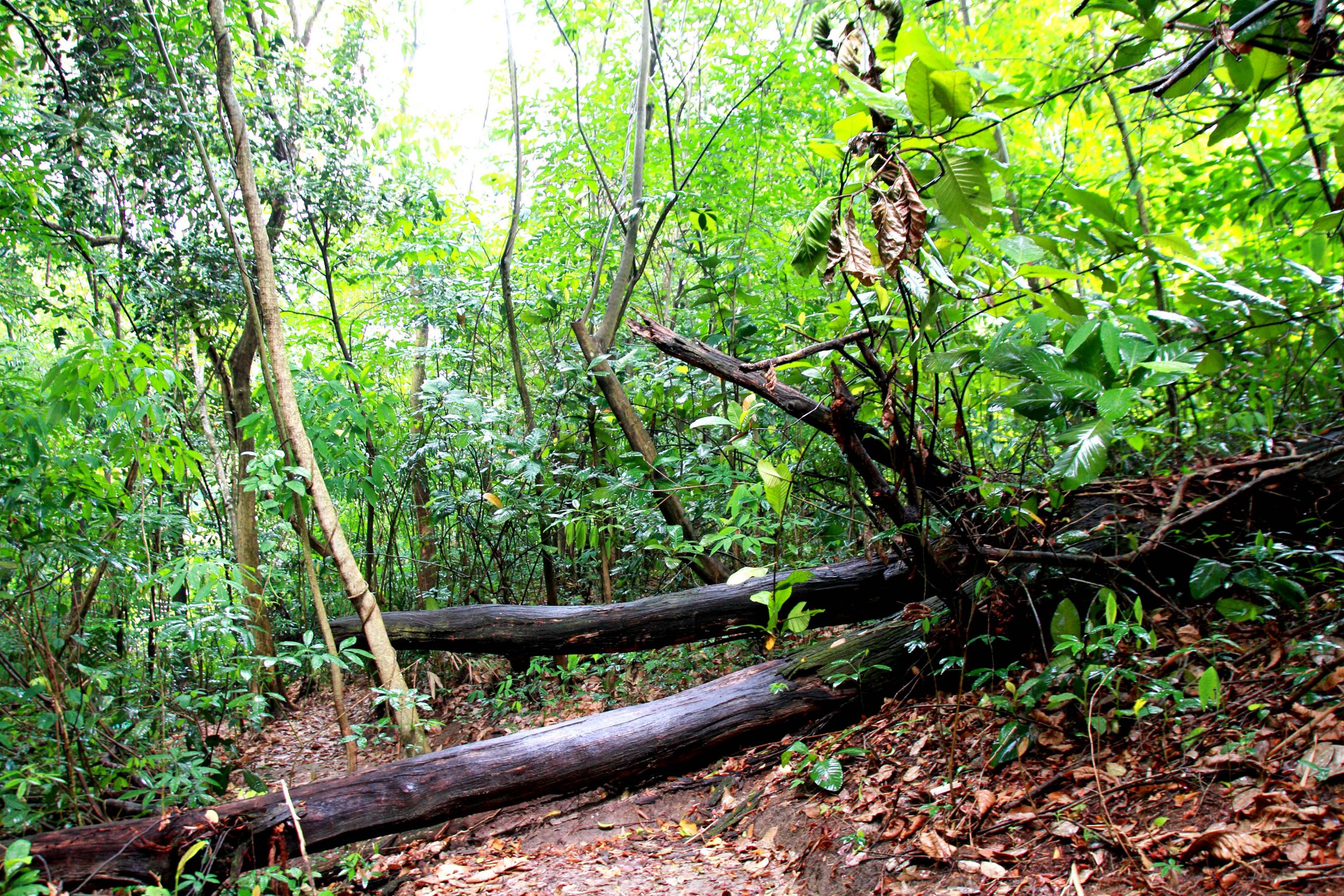Validating and Improving Satellite-based Forest Carbon Estimation in Southeast Asia
September 16, 2024
Conservation and restoration of carbon-rich Southeast Asian forests are of tremendous ecological and economical importance to Association of Southeast Asian Nations (ASEAN) member countries in combating climate change. Forests play a vital role in removing and storing greenhouse gases in the atmosphere, which is crucial in mitigating the effects of climate change. Furthermore, forests also offer income generation and contribute a sustainable livelihood to communities that depend on forest opportunities. Despite this, the exact spatial distribution, health status, and carbon stock of these forests remain poorly known. Although many conventional satellite data sets have been employed to estimate forest carbon stock, the accuracy of the data gathered is insufficient to ensure the credibility of nature-based climate solutions.
Led by Assistant Professor Tang Hao (NUS Geography), Professor Daniel Friess (Tulane University), and Professor Koh Lian Pin (NUS Faculty of Science, NUS Centre for Nature-based Climate Solutions, & NUS Tropical Marine Science Institute), ‘Validating and Improving Satellite-based Forest Carbon Estimation in Southeast Asia’ is funded from 2023-2026 by a Ministry of Education Academic Research Fund (MOE AcRF) Tier 2 grant. The project seeks to improve current aboveground carbon estimation capabilities by using a set of new instruments on the International Space Station, including a lidar sensor. Aboveground carbon refers to living vegetation above the soil, including stems, stumps, branches, bark, seeds, and foliage. Lidar, which stands for Light Detection and Ranging, is a remote sensing method that can measure 3-dimensional canopy structure and provides by far the most accurate estimate of aboveground carbon from space.
A multi-dimensional data framework will be developed by linking these remote sensing observations to ground measurements of different forests in Southeast Asia. This novel development will reduce uncertainties in carbon trading activities and provide technical support for Singapore’s drive to be a carbon services hub, while simultaneously reaching its climate and sustainable development goals.

